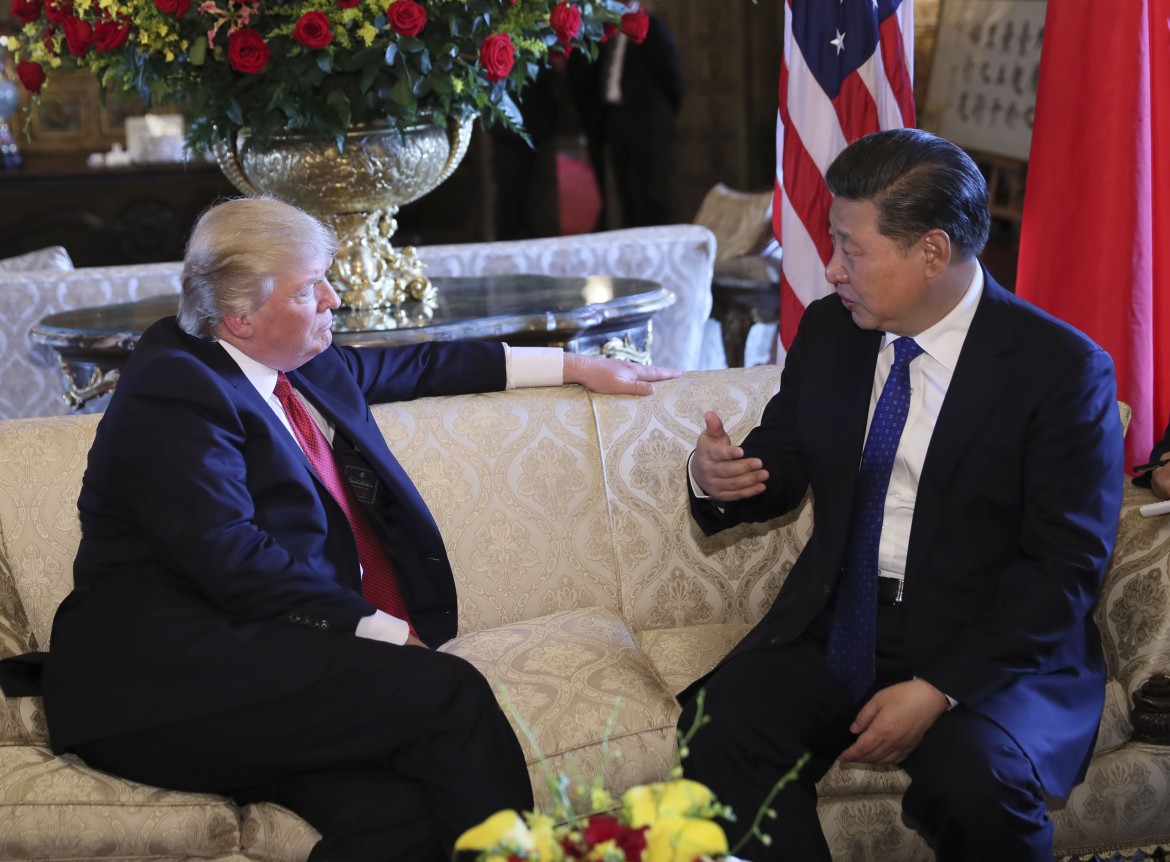Analysis
US delegation arrives in Beijing to avoid all-out trade war
The Chinese, as always, may be willing to compromise to avoid disrupting major economic objectives, like “Made in China 2025” and the New Silk Road.

The Americans’ “great financial team,” as Donald Trump called it on Twitter, has arrived in Beijing. Their goal: to find an agreement, or at least a roadmap that could lead to a solution to the dreaded trade war between the two countries. After an American trip made by Chinese officials, everything will be decided in Beijing, although it is unlikely that a common position will be reached quickly.
The impression given is that this will be a face-off in the search of a compromise both sides can live with: the US will not give up on the need to reduce their trade deficit with Beijing, while China wants to minimize as much as possible the American blows against its extraordinary industrial development plan, “Made in China 2025.”
Notwithstanding the chaos of the Trump presidency—who only Thursday said he could not wait to meet President Xi Jinping again, sparking speculation on the location of the likely summit between Trump, Xi and Kim Jong-un, which at this point might take place in China itself—we must recognize that on the issue of tariffs, Washington has been able to focus on a target that is a sensitive area for China.
While Beijing has focused on a politically significant response, threatening to hit Trump’s voters with a halt on imports of pork and soy, “The Donald” quietly focused his aim where China is investing most. The program “Made in China 2025” is nothing but a more advanced stage of the Chinese transformation, focused on new technologies, artificial intelligence and semiconductor manufacturing.
There is also the issue of 5G, for example: even before the dreaded tariffs (which will be discussed in any case, whether an agreement is found or not, no later than in late May), Washington decided to hit the Chinese telecom giant ZTE (to understand its scale, note that it is an internal competitor to Huawei), which is working precisely on 5G systems, like American companies are.
Hitting the ZTE sends just as clear a message as the possible tariffs: the US fears an excessive strengthening of China’s status in the field of new technologies, a phenomenon tarred, according to the US, by the theft of intellectual property by the Chinese, which is thought to have been demonstrated by the investigations that drove Trump to engage in this trade duel.
Since Thursday, discussions have been opened in Beijing, led by the US Treasury Secretary, Steven Mnuchin, and the Chinese vice premier, Liu He.
There are many different opinions about what will happen. According to US media, a package of measures adopted in the short term by the Beijing government could convince the Trump administration to postpone the imposition of tariffs worth $50 billion dollars on Chinese products. Going beyond the very harsh positions taken in the Chinese press against the Trump administration, it seems that in fact Beijing is, as always, willing to reach a compromise.
Even the feared trade war cannot be allowed to become an unreasonable excuse to create instability; China needs to focus on the New Silk Road, and probably sees both the issue of North Korea and that of the tariffs as two nuisances to be dealt with as soon as possible. Of course, one cannot underestimate the distance that still remains between the discussion partners. For instance, China’s priority, according to the nationalist newspaper Global Times, is to push Washington to rethink the issue of intellectual property and the alleged abuse that the Chinese government makes of it.
Originally published at https://ilmanifesto.it/a-pechino-il-summit-tra-usa-e-cina-per-evitare-i-dazi/ on 2018-05-04
